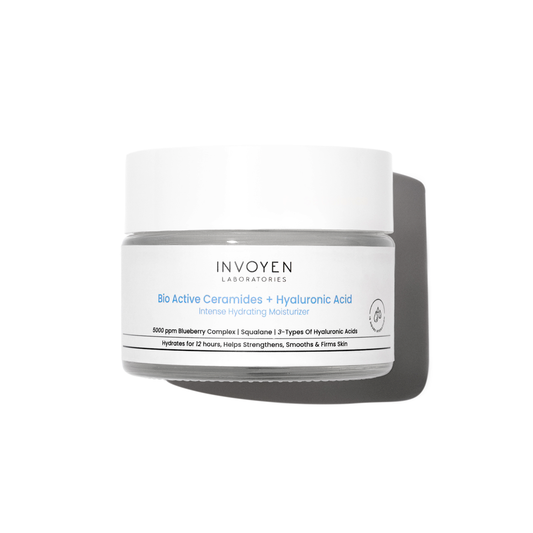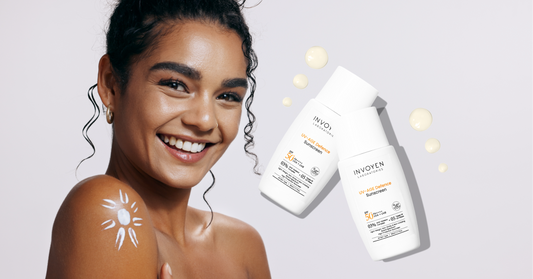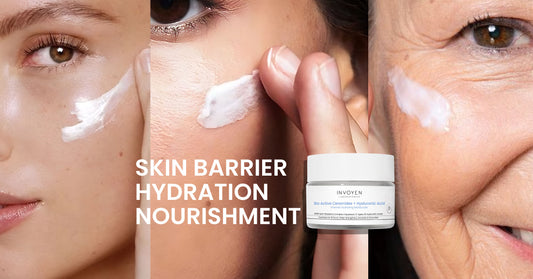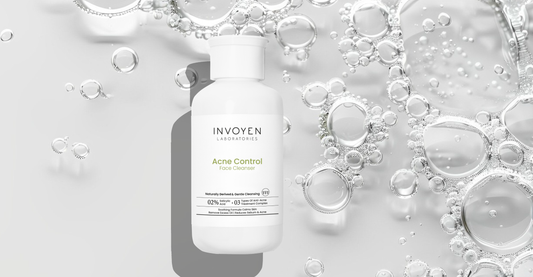Squalane (Olive): The Skin-Smoothing Marvel Also Known as Phytosqualane
Squalane, often referred to as phytosqualane when derived from plant sources like olives, is a highly regarded ingredient in the skincare industry. It's a lightweight, non-comedogenic oil that mimics the skin's natural sebum, offering a unique combination of hydration and comfort. Let's delve into the science behind olive squalane and explore its potential benefits for your skin.
What is Squalane?
Squalane is a saturated hydrocarbon found naturally in plants like olives, but also in animals like sharks. However, olive squalane is a more sustainable and cruelty-free alternative. It undergoes a hydrogenation process to become a stable, odorless oil suitable for topical application. Squalane derived from olives is often called phytosqualane.
Why is Squalane Important?
Squalane is important for maintaining healthy skin due to its excellent emollient properties. It mimics the skin’s natural oils, providing lightweight and non-greasy hydration. Squalane helps to balance oil production, protect the skin barrier, and enhance the skin’s overall health and appearance.
How Does Squalane Work?
Squalane works by providing a protective barrier on the skin’s surface that locks in moisture and prevents transepidermal water loss. This barrier function helps to keep the skin hydrated and supple. Squalane’s molecular structure is very similar to natural skin lipids, allowing it to penetrate deeply and effectively without clogging pores or causing irritation.
What are the Benefits of Squalane?
Squalane offers a range of benefits for the skin, including:
- Deep Hydration: Squalane penetrates deeply to provide long-lasting hydration, making it ideal for dry and dehydrated skin.
- Enhanced Skin Barrier: It strengthens the skin’s natural barrier, protecting against moisture loss and environmental damage.
- Anti-Aging Properties: Squalane helps to reduce the appearance of fine lines and wrinkles by improving skin elasticity and firmness
- Non-Comedogenic: Suitable for all skin types, including oily and acne-prone skin, as it does not clog pores
- Soothing and Calming: Its anti-inflammatory properties can help soothe and calm irritated skin, reducing redness and inflammation
Who Should Use Squalane?
Squalane is suitable for all skin types, including:
- Dry and Dehydrated Skin: Provides deep and lasting hydration.
- Oily and Acne-Prone Skin: Hydrates without clogging pores or causing breakouts.
- Sensitive Skin: Gentle and non-irritating, making it ideal for sensitive skin.
- Aging Skin: Helps to reduce the appearance of fine lines and wrinkles, promoting a youthful complexion.
How to Use Squalane?
Squalane can be incorporated into your skincare routine in various ways:
- As a Moisturizer: Apply a few drops of squalane oil directly to the face after cleansing and serums. It can be used alone or mixed with your favorite moisturizer.
- In Serums and Creams: Look for serums and creams that contain squalane as a key ingredient for added hydration and skin benefits.
- Under Makeup: Squalane provides a smooth, hydrated base for makeup application, helping it to last longer and look better.
By incorporating squalane into your skincare routine, you can enjoy its myriad benefits, from deep hydration to enhanced skin barrier protection, resulting in healthier, more radiant skin.
Important Note
This information is intended for educational purposes and should not replace professional medical advice. Always consult with a dermatologist for personalized skincare recommendations, especially when introducing new ingredients like squalane into your routine.
References
- Jennings, A. L., & Kerscher, M. J.. Squalane in cosmetics. Dermato-Endocrinology, 7(1), e1069350. Link
- Popa, O., Băbeanu, N. E., Popa, I., Niță, S., & Dinu-Pîrvu, C. E. (2015). Methods for obtaining and determination of squalene from natural sources. BioMed Research International,. Link
- Phytosqualane: The natural antioxidant molecule. International Journal of Pharmacognosy and Phytochemical Research, 9(7), 1044-1048. Link



